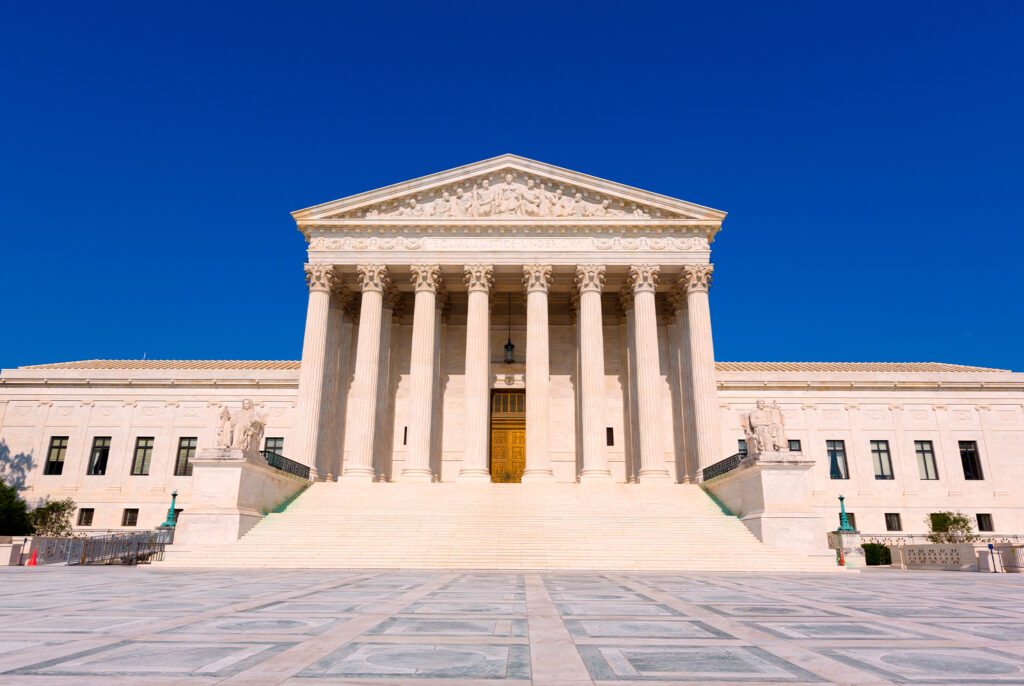May 22, 2025
Supreme Court Ruling Raises the Stakes for Employers Facing EEOC Claims

A recent U.S. Supreme Court ruling in Waetzig v. Halliburton Energy Services, Inc. has reinforced the importance of quick action for employers facing discrimination lawsuits.
The decision states that if employers fail to challenge the scope of a lawsuit early in litigation, they may lose the right to dispute claims that differ from those originally filed with the EEOC.
The Case Background
The lawsuit began when Gary Waetzig filed an age discrimination complaint with the Equal Employment Opportunity Commission (EEOC). However, after voluntarily dismissing his case to pursue arbitration, Waetzig later sought to reopen his lawsuit in federal court, citing several legal arguments:
- Procedural Errors in Arbitration – Waetzig claimed the arbitrator exceeded her authority and made legal mistakes when dismissing his claims.
- Mistaken Dismissal – He argued that his voluntary dismissal of the lawsuit had been an error and that he should have requested a stay instead.
- Intervening Supreme Court Precedent – Waetzig referenced a new Supreme Court ruling that he believed justified reopening his lawsuit.
Halliburton attempted to dismiss the case, asserting that the new claims were outside the scope of the original EEOC filing. However, the Supreme Court ruled that failure to raise objections early results in waiving the right to challenge the case, reinforcing the necessity for employers to respond swiftly when faced with lawsuits expanding beyond EEOC complaints.
How EPLI Insurance Would Respond
While best practices—such as proper workplace policies, employee training, and proactive dispute resolution—are the first line of defense against EEOC claims, carrying the right insurance can provide financial protection.
Employment Practices Liability Insurance (EPLI) is specifically designed to cover claims related to discrimination, wrongful termination, harassment, and retaliation. In this scenario, EPLI could provide:
- Defense Costs – Coverage for legal fees, attorney costs, and court expenses incurred while defending the claim.
- Settlements & Judgments – Compensation for settlements or court-ordered damages, up to the policy limits.
- Policy Limitations – EPLI typically excludes intentional wrongdoing, meaning an employer found to have knowingly violated anti-discrimination laws may not receive coverage.
Other Insurance That May Apply
In addition to EPLI, other policies could potentially respond to claims like this:
- Directors & Officers (D&O) Insurance – If executives or managers are personally named in the lawsuit, D&O insurance could cover their legal defense and liability damages.
- General Liability Insurance – While bodily injury and property damage are covered, discrimination claims are typically excluded from standard Commercial General Liability (CGL) policies.
- Workers’ Compensation Insurance – If the claim involves workplace injuries resulting from discrimination, workers’ compensation could cover medical costs and lost wages, though it does not cover legal defense expenses.
The Takeaway
Employers must move quickly when faced with EEOC-related lawsuits, ensuring they challenge expanded allegations immediately. Beyond legal strategy, having the right insurance coverage can provide financial protection, helping businesses navigate costly litigation and compliance risks.
